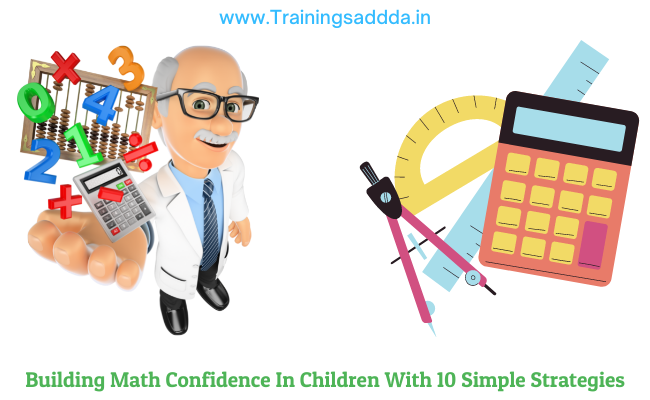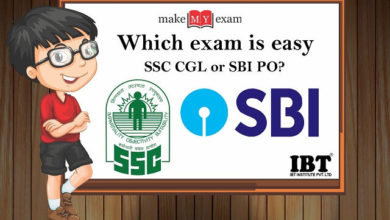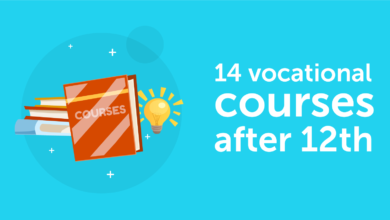Building Math Confidence In Children With 10 Simple Strategies

Table of Contents
Making Math Learning Simple:
Do your students find math intimidating? Unfortunately, Math has been and still is a concern for most students. As pandemic and online learning add to the challenges, now is the time to boost their confidence and improve their expertise. It is believed that breaking the whole teaching process into smaller actionable steps can improve learning and result in lasting changes.
In this article, we have put together a few expert strategies from top CBSE affiliated schools in Chennai, like Babaji Vidhyashram School, to help students become better at math problem-solving.
Identifying The Lack Of Math Confidence
Students who find it difficult to solve math problems can be easily identified. They often doubt their abilities and avoid answering math questions in class. Such students tend to avoid eye contact and may even lie low when asked questions. In order to boost these kids’ interest in math, it is important to instil confidence in them. This enables them to handle more challenging problems with more confidence.
Read more: Textsheet Alternative For Students
Teachers must therefore develop strategies that will improve students’ self-esteem. Learning math becomes easier and more enjoyable when kids realise they possess skills and knowledge. The following strategies are used by experts at top IB schools in Chennai, like International Village School, to boost students’ math confidence.
10 Methods To Build Math Confidence In Students
Praise their efforts, not their accomplishments
Students respond positively to being appreciated for their efforts instead of their accomplishments. Avoid saying you are happy for them if they solve the problem correctly. This sends the wrong message that you will appreciate them if they solve the problem correctly. Instead, you should instil in them the belief that math skills can only be acquired over time and with hard work. So instead of praising them for the right answers, congratulate them for their effort.
Appreciate their understanding
While it may be tempting to correct their errors, teachers need to listen and acknowledge how they interpret the problem. This is the only way to determine their understanding of the topic and what they know about it. Instilling confidence in them that they can solve a problem will also increase their motivation. Using the information from your assessments, you should plan one-on-one conferences or small groups instruction methods.
Know more: 25 Best Story Books For Kindergarten Kids
Set realistic math goals
Setting realistic math goals allows students to see their progress over time. You can ask them to create a chart to illustrate their progress. Monitor their progress periodically. Reward them when they achieve their goals and help them set new ones. Throughout the process, help them realise that their efforts helped them reach their goal.
Avoid negative comments
Students don’t put effort into math when they are repeatedly told that they aren’t good at it. You can’t imagine how quickly children adapt to these beliefs and why they refuse to put in more effort. Rather than telling them that math is not their forte, instil the belief that they can be good at math if they work hard and constantly challenge themselves.
Provide them open-ended problems
Give your students a math problem that can be solved in various ways. Have them come up with different strategies for solving the problem. You can even present the problem for discussion in class. The students must be encouraged to share unique methods of analysing and solving problems. Don’t forget to thank kids for trying multiple solutions to the same problem and emphasise how dynamic math can be.
Know more: Is Your Child Bursting With Creativity?
Blend previously learned skills
Students should be presented with various problems involving previously learned math skills. This encourages students to solve any problem they encounter rather than relying on concepts they recently learned. To instil a broader sense of problem-solving, students should attempt mixed problem sets that include concepts from previous years. Not only do students benefit from this, but teachers can also ensure that their students retain what they have previously learned.
Cross- content connection
By connecting math and reading, students will be able to understand problems better and solve them more effectively. By training students to visualise, they become better sense-makers. Create reasoning routines to help students understand problems more clearly.
Reflect values with self-assessment practices
Students can use self-assessment tools such as rubrics to understand the learning process better in the classroom. With these self-assessment tools, students can assess their problem-solving skills by focusing on each column. It is more beneficial for students if they rate themselves with these tools and work to move up in self-assessment. Teachers can also guide students to focus on areas for improvement.
Also Read: Benefits of Puzzles to Improve Mental Health and Overall Development of Children
Expose students to high-quality problems
Presenting students with high-quality problems will encourage them to try, fail, and apply their skills in multiple ways to avoid getting stuck. Through these activities, students are encouraged to think about a problem differently. These activities show students that challenging themselves with complex problems can be exciting and that it helps them think creatively.
Conduct guided math groups
The guided math group focuses on helping students visualise problems and use representations to solve them. Teachers can also learn about students’ mathematical abilities through one-on-one conferences.
Check these: 20 Education Apps for Android and iOS
Key Takeaway
Children may find it difficult to gain confidence in math on their own. However, effective teaching strategies can help them achieve it. Using the strategies mentioned above, you can help your students acquire math confidence.
Comments
0 comments




